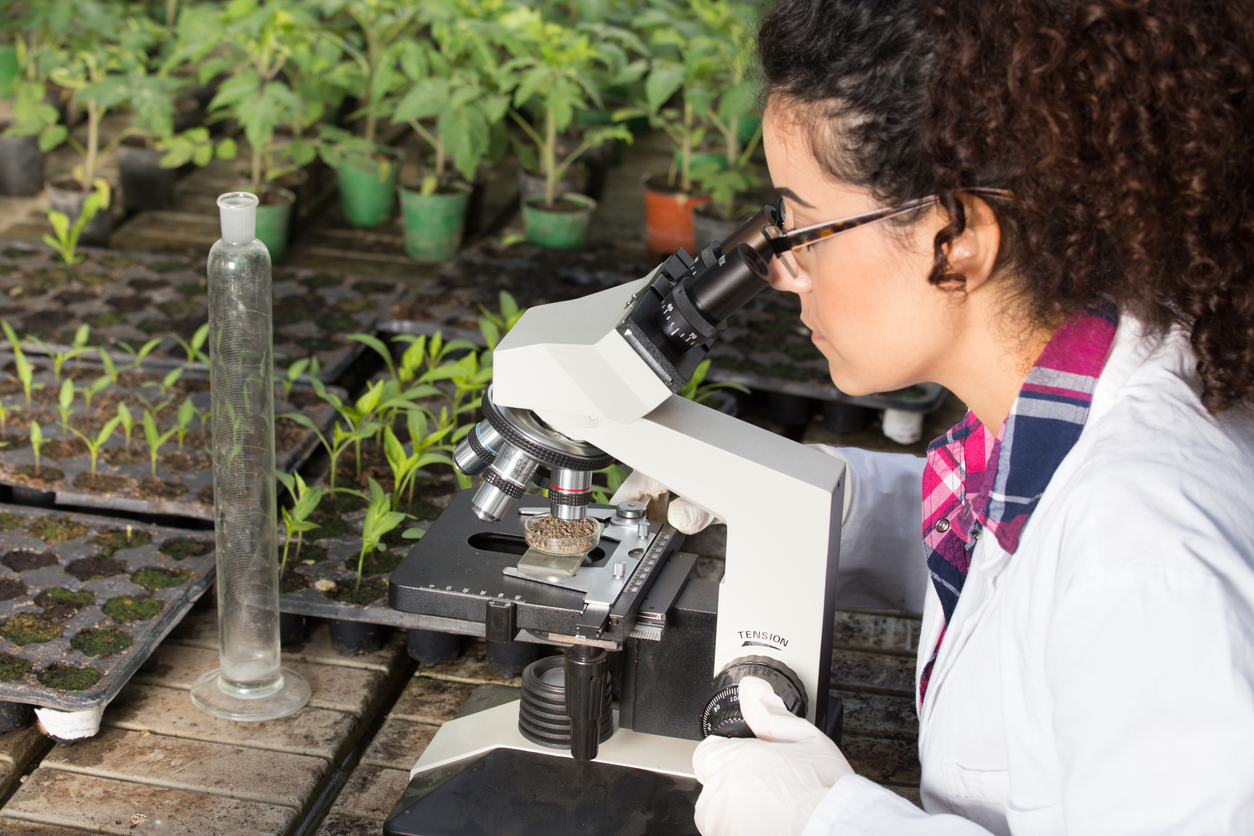
Scientists Use Prime Editing in Potato and Moss
February 16, 2022| |
Researchers from Université Paris-Saclay in France reported successful use of Prime Editing in potato and spreading earthmoss (Physcomitrium patens), a model organism widely used for plant research. Their findings are published in Plant Science.
CRISPR-Cas9 technology has revolutionized plant research and precision crop breeding. Though it has been proven to be an efficient tool for disruptive targeted mutagenesis, its use in the introduction of precise and predictable nucleotide substitutions still needs improvement. However, the development of Prime Editing technology has allowed the simultaneous generation of nucleotide transitions and transversions as well as short defined indels.
The research team tested the use of Prime Editing in model organisms spreading earthmoss and potato, which has a complex genome. Results showed that for both plants, the editing rates were lower than with other CRISPR-Cas9-based techniques, but the researchers were able to successfully introduce nucleotide transversions into targeted genes through Prime Editing. Furthermore, the analysis of potential off-target mutation sites in spreading earthmoss suggested very high targeting fidelity.
Read the research article in Plant Science.
| |
You might also like:
- CRISPR Experts Introduce Twin Prime Editing
- Scientists Optimize Prime Editing for Rice and Wheat
- Harvard, MIT Experts Develop New Gene Editing Technology
Biotech Updates is a weekly newsletter of ISAAA, a not-for-profit organization. It is distributed for free to over 22,000 subscribers worldwide to inform them about the key developments in biosciences, especially in biotechnology. Your support will help us in our mission to feed the world with knowledge. You can help by donating as little as $10.
-
See more articles:
-
News from Around the World
- Svalbard Global Seed Vault Receives More Than 20,000 Seeds for 2022's First Deposit
- Experts Highlight the Importance of GM Technology in Sub-Saharan Africa
- Researchers Identify Gene Important in Soybean Protein Content
- Australia's OGTR Invites Public Comments on Proposal to Include GM Canola on GMO Register
- Japan's Food Safety and Security Expert Says GM and Genome-Edited Crops Safer than Conventional Varieties
-
Research Highlights
- Scientists Develop Yellow-colored African Violets
- GM Soybean Shows Enhanced Resistance to Soybean Cyst Nematode
-
Plant
- Chinese Scientists Elated at Approval of Gene-edited Crops
- CRISPR Cherry Tomato Shows Resistance to Pepper Veinal Mottle Virus
- Scientists Use Prime Editing in Potato and Moss
- Nigeria Releases National Guidelines on Gene Editing
- Scientists Develop Genome-Edited Powdery Mildew Resistant Wheat Without Growth Penalties
-
Read the latest: - Biotech Updates (January 21, 2026)
- Gene Editing Supplement (December 17, 2025)
- Gene Drive Supplement (February 22, 2023)
-
Subscribe to BU: - Share
- Tweet

